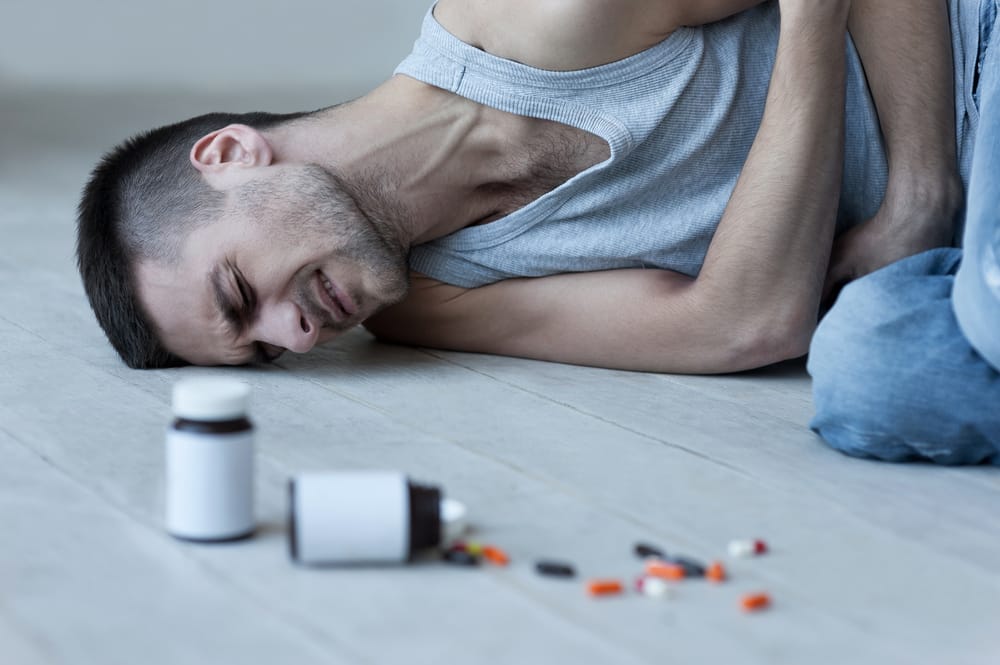Addiction Treatment
How is Vicodin Abused?

Written By:

Table of Contents
Vicodin is a combination of hydrocodone, which is an opiate painkiller, and acetaminophen. Vicodin tablets contain less than 15 milligrams of hydrocodone, but even at that low level this painkiller was recently moved up on the schedule of controlled substances because of increasing levels of Vicodin abuse and opiate addiction that have been reported throughout the United States. When used properly, Vicodin is extremely effective at alleviating pain, but as with all opiate substances, a person can become quickly addicted to Vicodin. A Vicodin abuser whose prescription has expired will often first try to find supplies of the drug from friends and neighbors, who may have extra quantities of Vicodin or other hydrocodone pain relievers after surgery or some other event that required pain control medication. As cravings increase, a Vicodin addict will look for illicit sources of Vicodin. The end game for Vicodin abuse occurs when a Vicodin addict switches to heroin or some other readily-available illegal opiate substance.
Vicodin Addiction
Most individuals who become addicted to Vicodin will receive a prescription for a small supply (usually thirty days or less) from their physicians, who recommend Vicodin as a pain remedy. Physicians and pharmacists have been trained to warn patients of the risks of Vicodin addiction, and most patients begin their Vicodin use with the best of intentions to be careful with the drug. As their systems acclimate to Vicodin, they may begin to take it more frequently and in larger doses in order to achieve the same painkilling effects that they felt when they first used Vicodin. This is the first stage of Vicodin addiction.The U.S. Drug Enforcement Agency recently classified Vicodin a Schedule II drug. One of the effects of that classification is that a physician will no longer renew a Vicodin prescription by telephone, and the patient must schedule an in-office personal consultation with his or her physician to qualify for a renewal. Even then, the physician can refuse to renew the prescription. A person who is in the initial stages of addiction will then shop around for a different doctor who will write a new prescription, or he may try to get the drug online or through other illegal sources. If you have used Vicodin and you find yourself in a similar situation, you should understand that you are exhibiting classic early signs of Vicodin addiction. Because opiate addiction creates intense physical and psychological cravings for the drug, you should not tell yourself that you can handle these cravings without assistance. People who succumb to opiate addiction will deny their problems and lie to themselves and others even as the addiction gets worse. Self-delusion is another classic sign of addiction.
Treating Vicodin Addiction
Apart from the problems caused by addiction to the opiates in Vicodin, a person who uses excess amounts of this drug will ingest dangerous levels of the acetaminophen painkiller that is blended with Hydrocodone to make Vicodin. Acetaminophen can build up and cause serious organ damage in a Vicodin addict’s system. Like other opiate products, Vicodin can cause stomach and bowel problems. A Vicodin addict will feel stomach pains as these problems intensify, and those pains can create cravings for greater quantities of the painkiller drug.
Prescription opiate painkiller addiction is a growing problem in the United States, which accounts for a lopsided majority of worldwide prescription opiate sales.
If you have been using Vicodin and are concerned that your use is becoming an addiction, please call the Last Resort Recovery Center near Austin, Texas, at 512-360-3600.
We can evaluate your use of Vicodin and recommend the best course of action to stop the problem before it overwhelms you.
